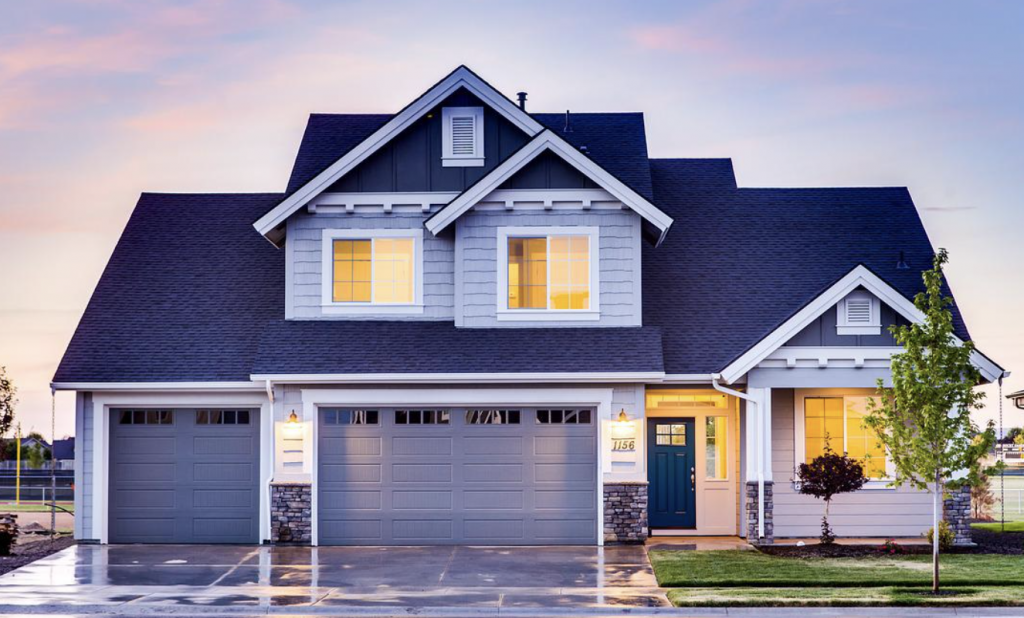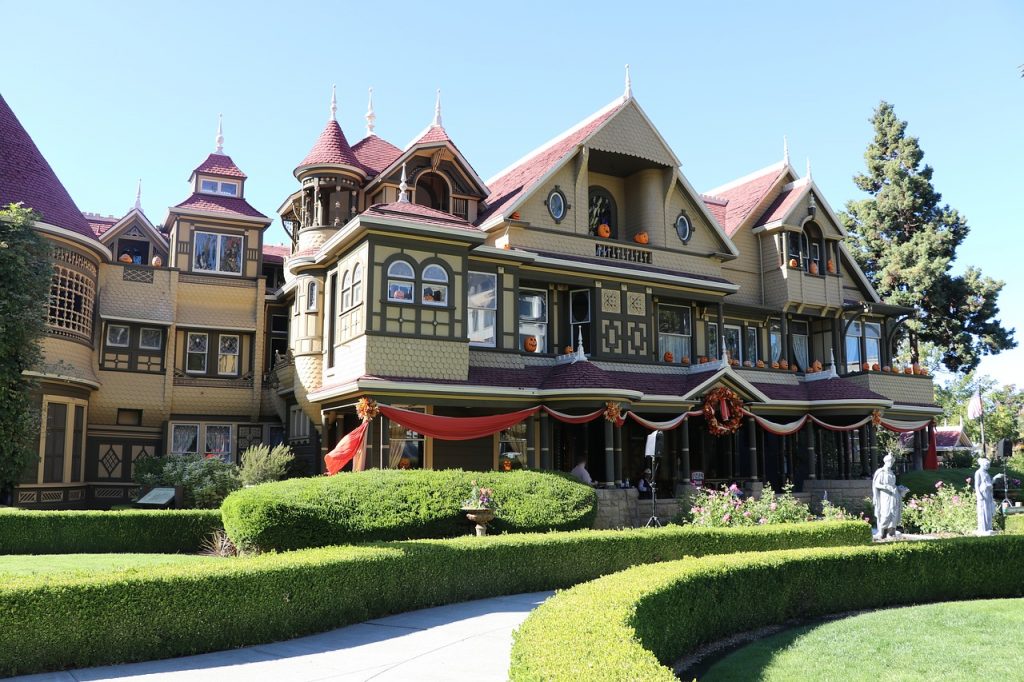What Will Happen If The Home Buying Bubble Bursts?
Find out the consequences of a housing bubble bursting.
This article is more than 2 years old

It’s no secret that housing has gone up exponentially since the market boom in the 1950s. But with the pandemic issuing in new problems like staff shortages and manufacturing delays, a housing bubble has quickly developed in the United States. A housing bubble is when real estate demand doesn’t match the number of available houses on the market, accelerating price inflation for a once-affordable property.
Months earlier, many analysts wondered if this situation was a legitimate housing bubble. But because of recent spikes in price and the devastatingly low availability of houses, many have confirmed that the United States is suffering from this situation. Researchers at the Federal Bank corroborated this evidence, stating “abnormal” price escalations that haven’t been documented since last decade’s housing crash. These researchers also noticed the stark difference between housing prices in 2022 and 2021, finding a steep incline in the early months of this year.
A housing bubble means an extremely difficult market for first-time buyers. The rapid escalation of home prices, while supply is not adequately met, has pushed novice buyers to the periphery. Those who’ve had successful loans or have navigated the market before having a higher probability of scoring a home, an unfortunate consequence of a housing bubble.
The increase in home prices is nothing short of unfathomable. The standard home in the United States rose 40% in monthly payments from the previous year. Monthly payments like electric and gas bills have skyrocketed, and home prices and mortgages have also gone up exponentially by a staggering 20%. While the prices for gas, food, and property have risen, income and wages for the average American have plateaued. This housing bubble has been exacerbated by the inability of citizens’ paychecks to match price inflation, sending many Americans scrambling for affordable property.

Housing market experts also indicated another problem that might’ve helped cause the housing bubble. Unreasonably low mortgages that occurred for longer than intended might’ve perpetuated the rise of housing costs. This policy was enacted by Federal Reserve Bank, which believed that increasing mortgage prices would reduce real estate demand. But demand has continued to incline in the pandemic, unfortunately, while worker shortages couldn’t keep up with the pace of housing needs. Now, US citizens are put in a precarious position when it comes to owning property, an essential part of many’s American dream.
The housing bubble will continue as market investors buy houses to sell them for higher profits. Known as “house flipping,” this activity to accrue more money is often only available to those who have wealth already. When general property is scarce, house flipping can severely impact the marketplace and cause housing to continuously rise in cost, substantially affecting those with little financial security. In 2021, people engaging in house flipping rose by 26% more than the prior year and was the highest its ever been since 2006.
If you’ve noticed that homes‘ market value has risen astronomically in the last few months, you’ve experienced the magnitude of this looming housing bubble. If more property isn’t built in time and investors resume flipping needed housing, the situation could spiral out of control.





